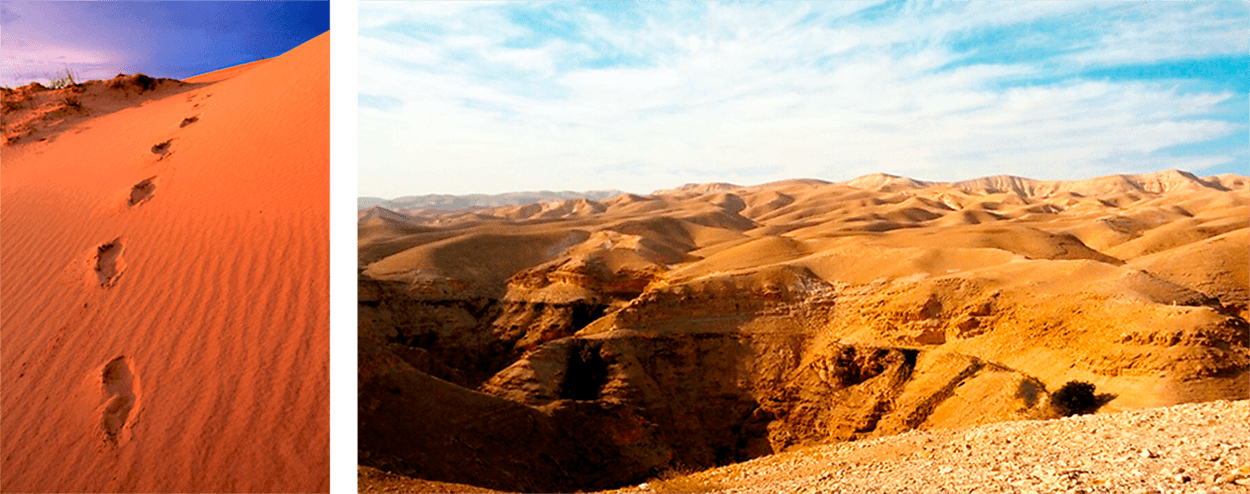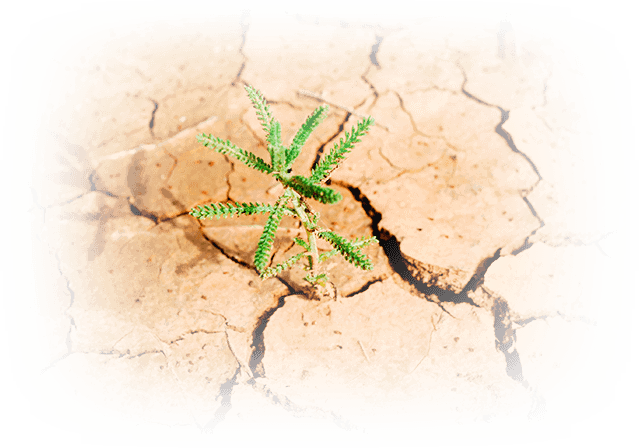Jesus and Wild Nature

Baptised in the turbulent waters of the Jordan, Jesus was, ‘full of the Spirit… and immediately, the Spirit drove him into the wilderness… and he was with the wild animals’.1 There is no more graphic summary of Jesus’ relationship with wild nature.
Wild places were where he went to find solitude, pray, grieve, rest, escape arrest and often to teach
Confident in urban society, nevertheless, Jesus was a wilderness person. Wild places were where he went to find solitude, pray, grieve, rest, escape arrest and often to teach.2 Places energized by God’s free and feral Spirit. Being, ‘with the wild animals’, examples genuine ‘nature connection’, plus the biblical principle that truly spiritual people live in harmony with wild nature.3 Jesus’ wilderness spirituality always trusts God for provision and protection.4 Jesus also demonstrates that the Genesis command for ‘dominion’ is ‘meekness’ (strength under perfect control), blending gentleness with authority.5
Photograph by Ilija Veselica

Jesus examples the Animist way:
- Everything is alive… everything is person… Jesus says, ‘Rocks may cry out’, ‘Mountains may move’, ‘Consider flowers and birds and learn from them’; ‘Winds and waves’ are obedient, ‘yet the wind blows where it wills’. Here living consciousness, volition and personhood are understood.6
- Everything is sacred… Jesus incarnation doesn’t make everything sacred, rather it declares it already is. His words about bread and wine emphasise this. “This is my body-blood”, is neither magical nor symbolic, but a statement about reality.7
- Everything is connected… Jesus’ message was shalom, which means the harmonious interconnectedness of absolutely everything. This is God’s kingdom.8
- Everything is nurtured… God sends the rain and the sun for growth. Clothes the grass, feeds the birds, with none dying without divine concern.9
- Everything is respected… Jesus said, “Love your ‘neighbour as yourself’. Respect begins with love, and Jesus makes it clear that every ‘person’ we encounter – human or other – is in fact our ‘neighbour’.10

Jesus’ favorite self-identity was ‘Son of Man’ (ben adam), ‘Earth Person’. His ‘kingdom of God’ message is about bringing ‘heaven upon earth’, so that is why he instructs us to proclaim his good news ‘to the whole of creation’.11 Jesus, the ‘second Adam’, enters Jerusalem connecting metropolis with wilderness, which ultimately culminates in the renewed Jerusalem with wild Eden-Paradise at its hub.12
The events of Jesus death and resurrection record a total midday solar-eclipse at his crucifixion, plus two earthquakes. Demonstrating the very geosphere itself was convulsed by the liberating power of atonement involved.13
1Lk 4:1; Mk 1:12-13
2See Lk 5:16 (to pray); Mat 14:13 (to grieve); Mk1:35; Lk 4:42 (to find solitude); Mk 6:31 (to rest); Jn 10:39-40 (to escape arrest); Mk 1:45; Lk 9:10 et al (to teach)
3Mk 1:13; Job 5:23
4Mt 6:26; Lk 12:24, 28-29; Lk 10:3; 22:35
5Gen 1:26,28; Mt 5:5; Lk 19:29-36; Mk 4:35-41
6Lk 19:40; Mk 11:23; Lk 12:27; Mk 4:41; Jn 3:8
7Mk 14:22-25
8Lk 10:5,9; see also Eph 2:17; Rm 14:17
9Mt 5:45; Lk 12:28; Mt 10:29
10Mk 12:31-33
11Mt 6:10; Mk 16:15
121Cor 15:45; Jn 12:12-19; Rev 2:7; 21:2
13See Mt 27:45,51; 28:2 – remember ‘atonement’ means ‘the harmonious reconciliation of all things’







